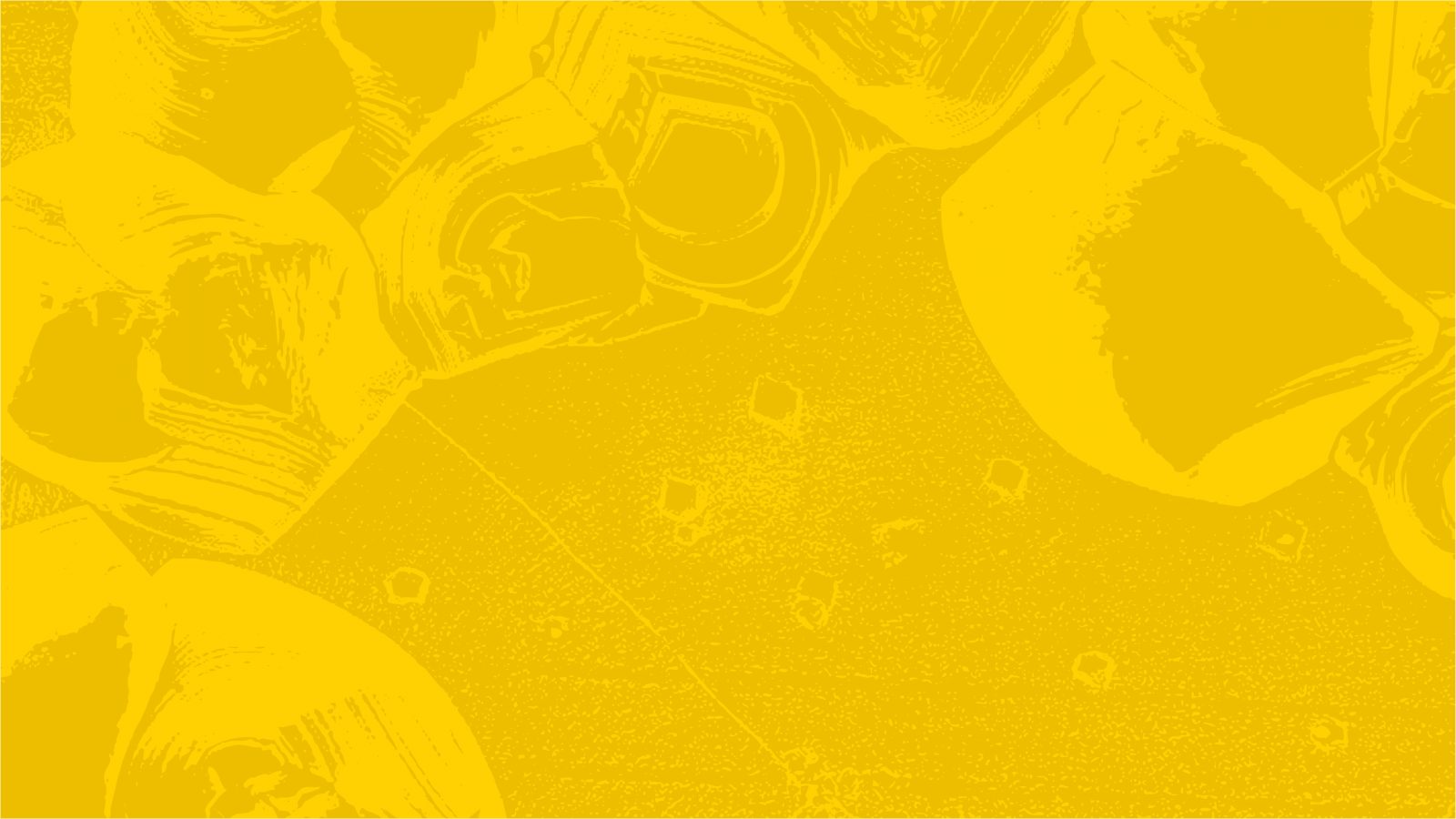Rings & liners must run-in before reaching optimum performance & oil control. A top softer run-in coating is better for removing asperities and gives optimum surfaces after which a lower harder durable coating is best. So, a dual coating is required.
WC/C on CrN is available but not always successful due to delamination problems. Therefore, engines are often operated with no piston ring coating or a single durable coating which is not optimum. Work by SwRI developed a durable low friction Ti-Si-C-N coating. In a full vehicle fuel economy savings of 0.82% were obtained. The Ti-Si-C-N coating is ‘tuneable’ during the deposition process giving a softer top layer. Being the same coating with different hardness applied in one process removes delamination concerns. Coatings were tested in a tribometer and liner surfaces analysed (3D & SEM) to find the best coating. SwRI worked with Total Seal Piston Ring to install the variable hardness piston rings in a NASCAR engine to observe improved horsepower.
Can’t join live? Register anyway and you will be sent the on-demand recording to view at your own convenience. You can attend the event directly from within the browser. No downloads required. The webinar is scheduled for one hour.
Live attendees will be able to download an attendance certificate for this event.
Surface Ventures is not-for-profit organisation with a mission to provide world-class Surface Engineering education for academia and industry. Visit surfaceventures.org to find out more about them and view their past webinars. Webinars are free to attend, forever.
In partnership with:

About the speaker:
After working as a qualified automotive vehicle mechanic for a number of years after leaving school, Dr Peter Lee attended the University of Leeds where he obtained first a Bachelors degree in Automotive engineering and then a PhD in engine Tribology. Peter continued his work at the University of Leeds for a further 5 years as a Royal Academy of Engineering Research Fellow before moving to SwRI to establish the tribology labs.


